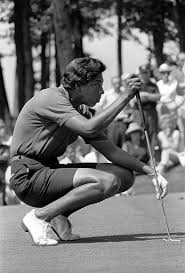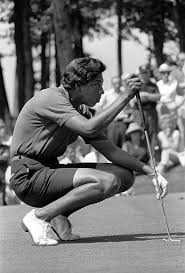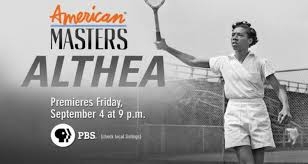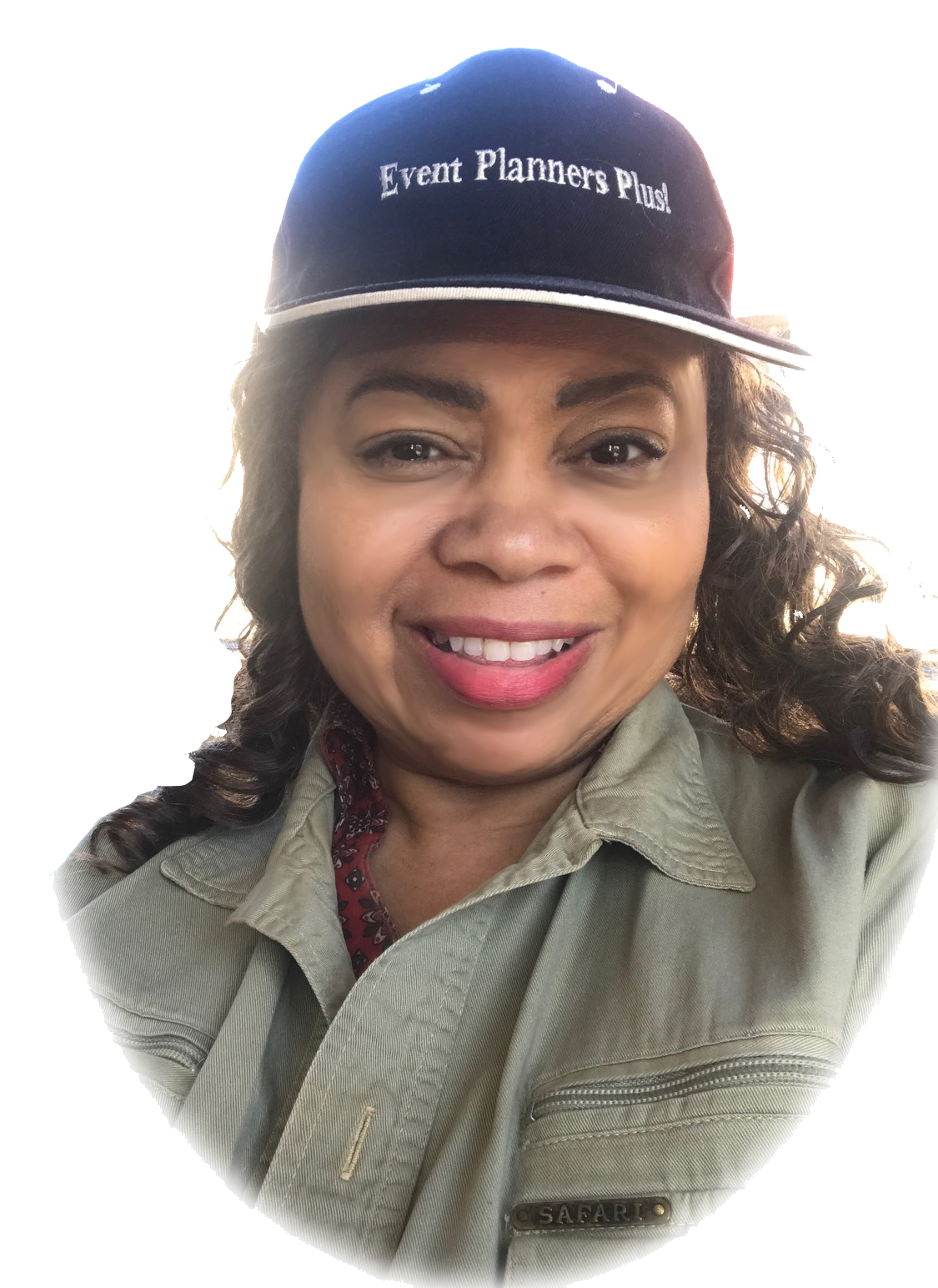 On Aug. 28, 1963, more than 200,000 people took to the streets of Washington, D.C. The March on Washington aimed to highlight the inequalities African-Americans faced socially and politically in the U.S. It was where the famous speech “I Have a Dream” was delivered by Martin Luther King Jr. from the steps of the Lincoln Memorial.
On Aug. 28, 1963, more than 200,000 people took to the streets of Washington, D.C. The March on Washington aimed to highlight the inequalities African-Americans faced socially and politically in the U.S. It was where the famous speech “I Have a Dream” was delivered by Martin Luther King Jr. from the steps of the Lincoln Memorial.
That same year, tennis legend Althea Gibson became the first black golfer in the Ladies Professional Golf Association (LPGA). There is little documentation of Gibson’s time in golf, even though she played 171 events between 1963 and 1977. Having never won an event, her time in golf seemed lackluster compared to her tennis career.
The brilliance of her golf career was not based on her results, though. During a time when racial tensions were boiling and when golf courses routinely discriminated against people of color, Gibson made a statement that people’s prejudices wouldn’t stop her from pursuing her athletic endeavors.
“If I made it, it’s half because I was game enough to take a lot of punishment along the way and half because there were a lot of people who cared enough to help me,” she wrote in her 1958 memoir “I Always Wanted to Be Somebody.”
Breaking new barriers
Gibson was born on Aug. 25, 1927, in Silver, South Carolina. Three years later, she was sent to New York City to live with her aunt Sally. It was on the Harlem River Courts, at 12 years old, that Gibson picked up tennis, finding a natural talent for the sport.
Her love and dedication to tennis paid off when she won the French Open in 1956, becoming the first African-American to win a Grand Slam title. In all, she won 11 Grand Slams before retiring in 1958 and was arguably the most famous female athlete during her time.
Althea Gibson is shown in New York City on Dec. 12, 1963, after she signed a contract as a golf pro with Dunlop.
Despite her success, tennis was still an amateur sport, so she survived off the generosity of loved ones. In an effort to make money, she recorded several records as a singer and toured with the Harlem Globetrotters, playing tennis before games.
So the question remains: Where did golf come in? While attending Florida A&M in the early 1950s, Gibson took a golf class, and what she learned during that time stayed with her, according to Rex Miller, who directed “Althea,” a PBS American Masters documentary film about the trailblazing athlete.
At 36, Gibson changed course and found herself making history again after earning status to play on the LPGA Tour.
“The siren song of golf was barely audible to me when I retired from amateur tennis,” Gibson wrote in “So Much to Live For,” her 1968 autobiography. “But it was never completely out of hearing, and soon it was to grow so loud that I would not be able to resist its seductiveness.”
While Gibson had support from the LPGA Tour and the players, her time in tennis prepared her for the hardships of playing golf professionally.
There were select clubs, like the Beaumont Country Club in Texas, that allowed Gibson to play but would not allow her into the clubhouse, denying her access to bathrooms and forcing her to change in her car.
Early on in Gibson’s golf career, she formed a friendship with fellow tour player Marlene Hagge. While Gibson was checking into a hotel, after calling and confirming her reservation, the hotel said that it neither had her reservation nor any space. Hagge walked into the lobby as Gibson tried to sort out her accommodations and overheard what was taking place. Hagge proceeded to sign in, asked for two keys and turned to Gibson and said, “You’re rooming with me.”
However, having spent years playing tennis, a sport predominantly for the white and wealthy, this did not phase her.
“She was hardened to things,” said Renee Powell, a close friend of Gibson’s and the second African-American to qualify for the LPGA in 1967. “Because of the fact that she was in tennis and broke color barriers in tennis, when she went to golf, things didn’t bother her. She was focused on playing the game. She wasn’t trying to open doors, she was just trying to play [the] game and make a living.”
Renee Powell said Althea Gibson opened the door for her when it came to playing in places that had never welcomed a black person before.
While Gibson and Powell received death threats and faced slurs from the galleries, particularly in the South, the LPGA supported them.
Read more by Anya Alvarez at ESPN.com



